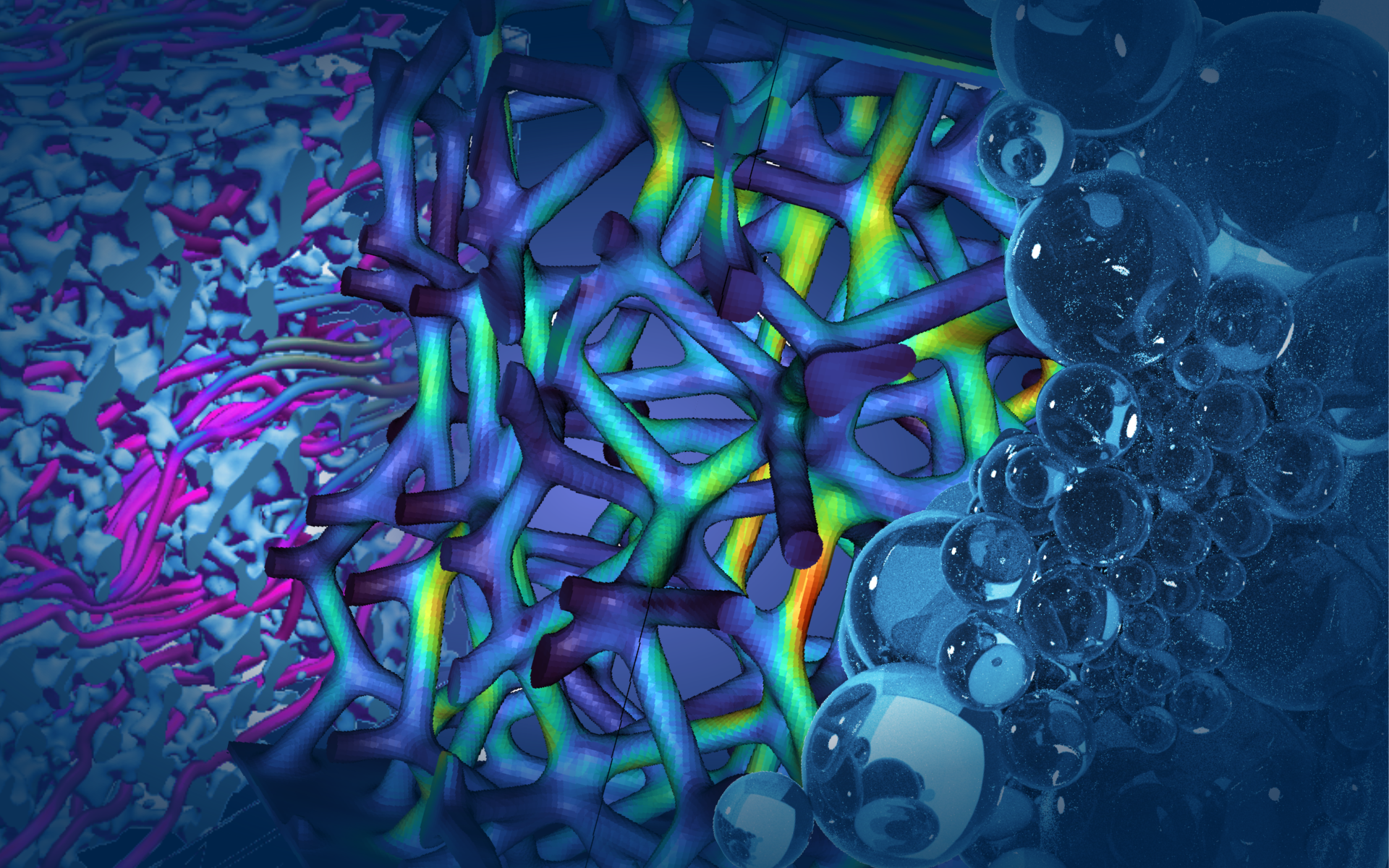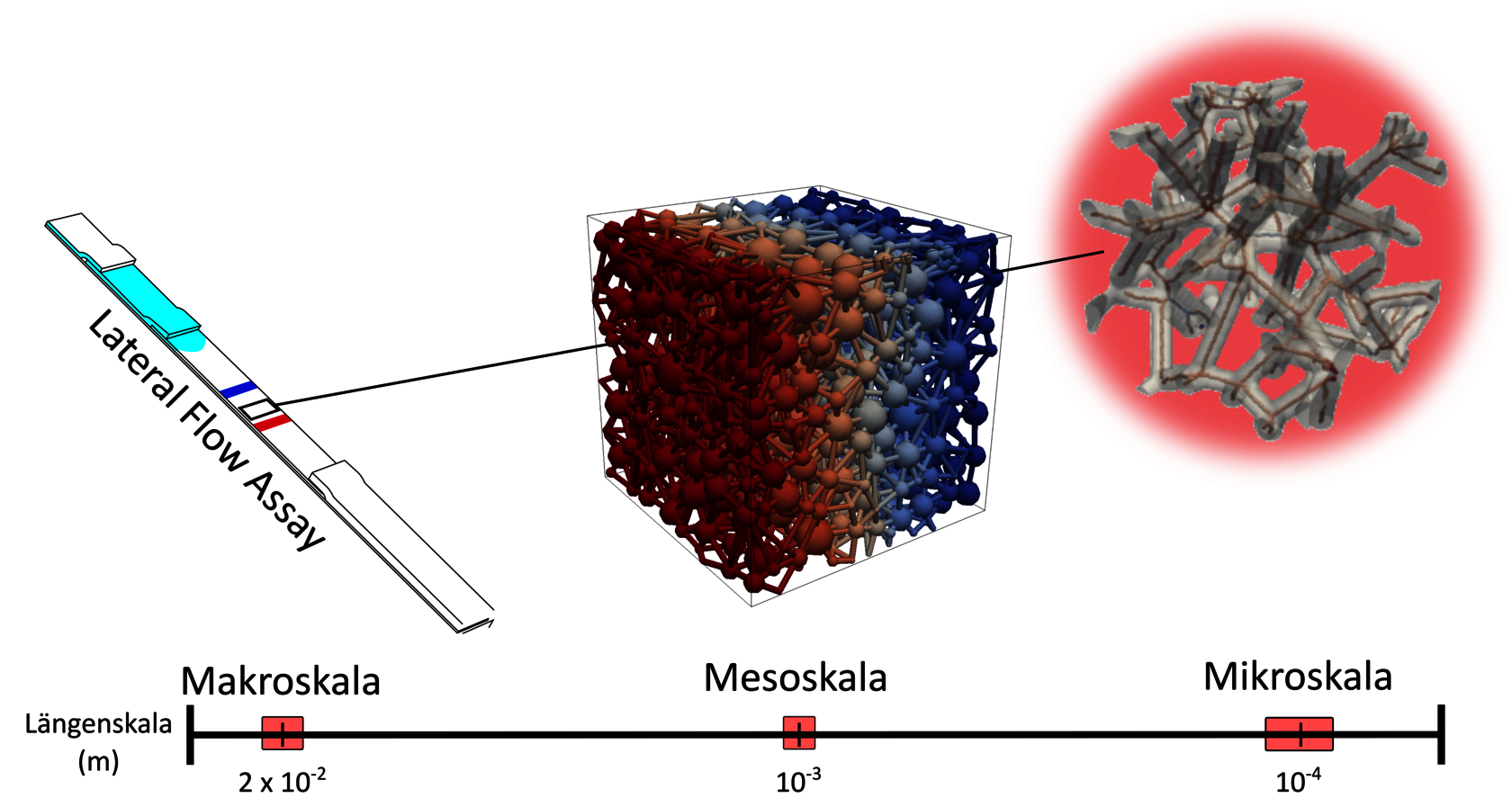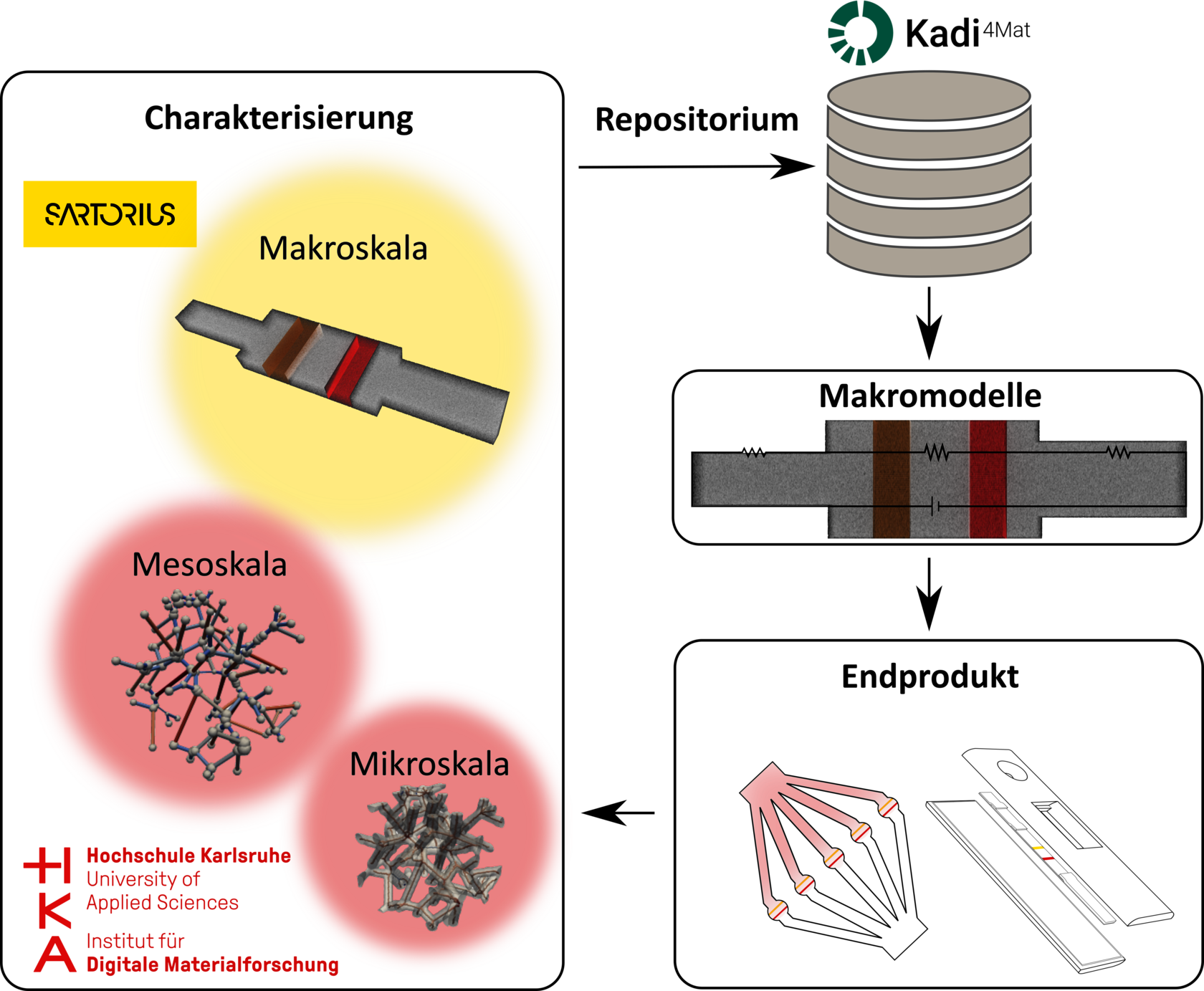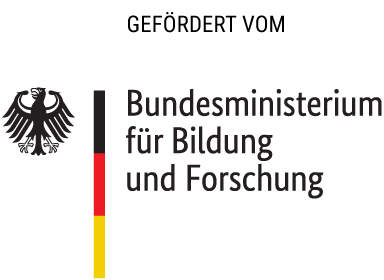MultiPore: Innovative multiscale modelling of transport processes in porous membrane structures for the cooperative further development of rapid medical tests
In order to contain waves of infectious diseases such as the COVID-19 pandemic at an early stage, simple test options are needed that allow rapid diagnosis. Lateral flow assays (LFAs), such as the widely used COVID-19 rapid tests, offer immense potential for this, as they combine a complete antibody-based test system on a single test strip. A key component of the LFA is a highly porous, open-cell diagnostic membrane made of cellulose nitrate (CN). This represents the capillary-driven transport medium for the liquid to be analysed, such as blood, urine or saliva, and is the carrier of the biochemical reagents. The functional principle of the LFA allows the detection of various analytes within a few minutes via a colour signal.
The high economic potential is characterised by the fact that over 2 billion rapid tests are brought onto the market every year, for example for Ebola, HIV and pregnancy tests, and demand is constantly growing. In co-operation with the company Sartorius, solutions for the further development of innovative and demand-oriented membranes are to be developed. Conventional approaches mainly focus on macroscopic experiments. However, as the decisive mechanisms occur on different length scales, this macroscopic approach is limited and does not provide a complete understanding of the processes involved. In contrast, the MultiPore project focusses on the simulation-based and experimental investigation of these processes, whereby the innovation is primarily based on the observation of the processes on three different length scales (see Fig. 1) with different levels of detail. The coupling of these ultimately enables a comprehensive description of the physical transport processes in porous structures.
The overarching goal is to integrate the developed cross-scale characterisation methods into the industrial partner's production chain. This offers the previously unavailable possibility of collecting characteristic parameters in a repository such as Kadi4Mat, thereby enabling the data-driven development of novel membranes and improved LFAs (see Fig. 2). The knowledge gained on the transport processes in membranes can also be applied to other products of the industrial partner.



